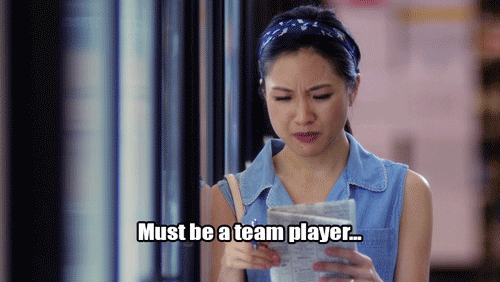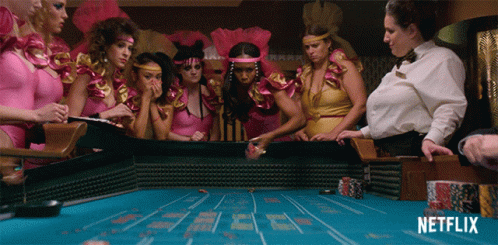Sometimes they do! Back when licensed movie games were a thing, I worked on one. The studio I was working for was actually developing two different licensed movie tie-in games at the time and the dev team relationships with the different movie studios was like night and day.

Our movie studio treated us very well - we got to scan the actors’ faces and costumes, record actor voice lines, obtain an advanced copy of the movie script (that was kept under lock and key and had to be signed out by the creative director for us to read it), get set photos for reference, and even invited us out to the private studio theater for a screening of the movie before it premiered in theaters. I have to admit, I’ve never been in a movie theater that nice ever since. The acoustics in that room were amazing.

In contrast, I heard that the other movie studio was quite difficult to work with. According to studio gossip, the other movie studio refused to give plot details of the film, nitpicked a lot of the development process, refused to let them use requested characters, and generally offered few explanations or real help. I felt a great deal of sympathy for the other dev team.

As you may have guessed, it really depends on the licensor. Sometimes they are extremely helpful and open to collaboration, and sometimes they are guarded and wary. The licensors are not monolithic - the bigger ones have entire licensing departments to handle these kind of situations, and the brand managers and licensors are as different as people can be different.
[Join us on Discord] and/or [Support us on Patreon]
Got a burning question you want answered?
- Short questions: Ask a Game Dev on Twitter
- Long questions: Ask a Game Dev on Tumblr
- Frequent Questions: The FAQ